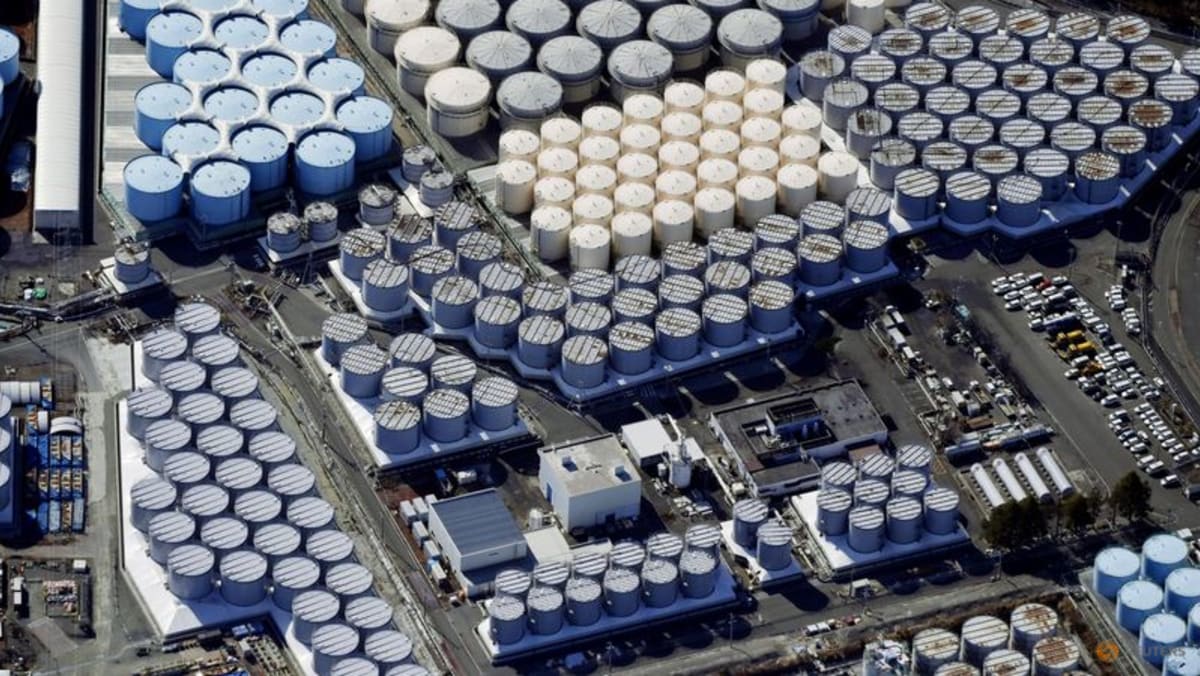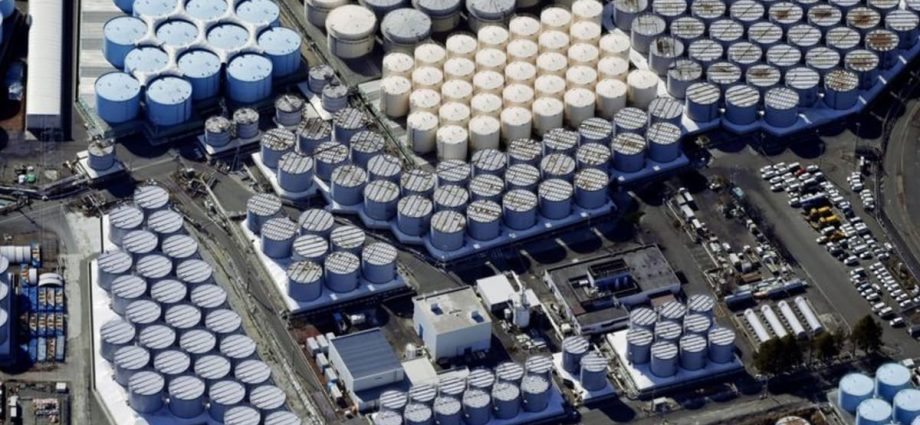
Pacific nations have a similar history. Though no country has suffered the death toll that Japan endured from nuclear weapons, the dozens of bombs tested in the Marshall Islands released energy about 5,000 times greater than that of those dropped on Japan. It left a grim legacy of cancers and birth defects.
Most Pacific nations became independent from their former colonial powers in the late 1970s and early 1980s, at a time when both the US and Japan were looking to the region’s vast spaces as a dump for radioactive waste. Fighting against those policies and establishing a nuclear-free zone south of the equator was a foundational event for many young nations, quite as much as pacifism was in post-war Japan.
Some circumspection earlier in the process might have paid off. It took China’s aggressive diplomacy in the region before Japan, the US and Australia started to reverse decades of neglect and began making serious attempts to woo and listen to Pacific island governments.
As recently as 2015, then-prime minister Shinzo Abe told a delegation of island leaders meeting some 40km from the Fukushima plant “to support Japan’s effort without being misled by rumours”.
That sort of scolding response was thankfully absent in his successor Fumio Kishida’s summit on the sidelines of the Group of Seven meeting earlier this month with Prime Minister Mark Brown of the Cook Islands. Pacific leaders, in turn, appear to have been mollified by the greater transparency and dialogue.

